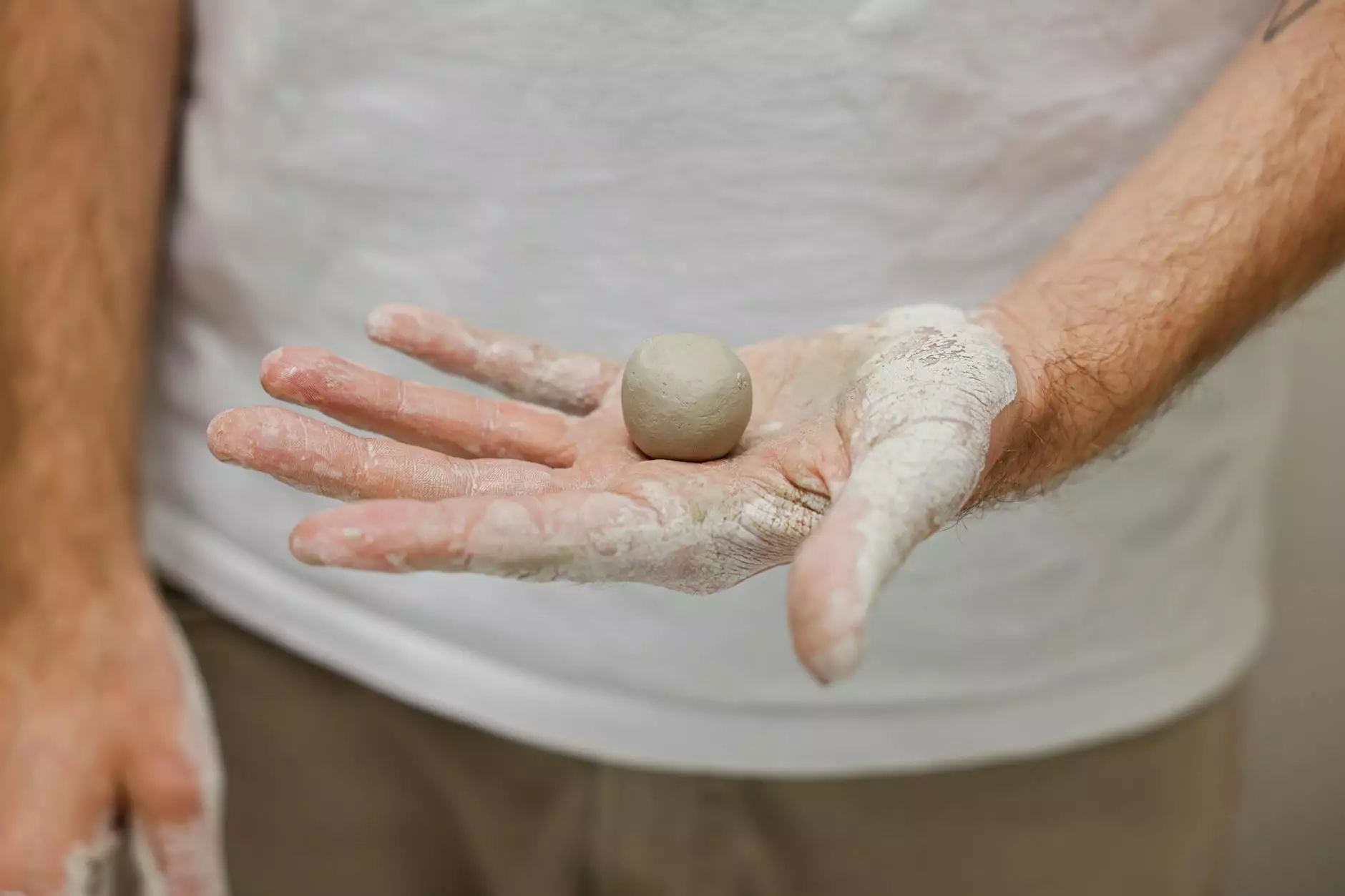The Role of a **Mold Manufacturer** in Modern Industry

The manufacturing landscape is ever-evolving, with the mold manufacturer playing a pivotal role in ensuring efficiency and quality across various sectors. From automotive to electronics, industrial molds are integral in producing high-fidelity parts that meet strict specification standards. This article delves into the intricacies of the mold manufacturing process, the technologies involved, and how businesses can benefit from partnering with a top-tier mold manufacturer.
Understanding the Mold Manufacturing Process
The mold manufacturing process is a sophisticated operation that involves several critical steps, ensuring that every component produced is accurate and of high quality. Below are the primary stages of the mold-making process:
1. Design and Prototyping
The journey of creating a mold begins with design. Using sophisticated software such as CAD (Computer-Aided Design), mold manufacturers develop detailed 3D models of the final product. This design process is crucial as it dictates how the mold will function and ensures that all specifications are met.
2. Material Selection
Choosing the right materials is essential in mold manufacturing. Common materials include:
- Steel: Known for its durability and ability to withstand high pressures, steel molds are ideal for mass production.
- Aluminum: Lightweight and cost-effective, aluminum molds are often used for short runs and prototyping.
- Composite materials: These are increasingly popular for their strength-to-weight ratio and can be tailored to specific applications.
3. Machining
Once the design is finalized and materials selected, the next phase involves machining. This includes various processes like milling, turning, and grinding to create the mold cavities precisely. Advanced CNC (Computer Numerical Control) machines provide high levels of accuracy during this phase.
4. Assembly
After machining, the individual components of the mold are assembled. This step requires meticulous attention to detail to ensure that all parts fit together correctly and function flawlessly.
5. Testing and Quality Assurance
Before a mold is put into production, it undergoes rigorous testing. This quality assurance phase checks for accuracy, material integrity, and functionality. Ensuring high standards at this stage can save manufacturers from costly errors down the line.
The Importance of Choosing the Right Mold Manufacturer
Choosing the right mold manufacturer can significantly impact a business's production efficiency and overall product quality. Here are some key factors to consider:
1. Experience and Expertise
Look for manufacturers with a proven track record. An experienced mold manufacturer will not only understand the intricacies of mold design and production but will also be adept at troubleshooting potential issues before they arise.
2. Technological Capabilities
With the rise of Industry 4.0, advanced technology such as 3D printing, automation, and smart manufacturing systems play a pivotal role in modern mold production. A manufacturer with cutting-edge technology can offer enhanced precision, speed, and customization in their services.
3. Customer Support and Flexibility
A great mold manufacturer will provide outstanding customer service, ensuring that communication is clear and that they can adapt to changes in project scope over time.
4. Sustainability Practices
Eco-friendliness is becoming increasingly important in manufacturing. Look for a mold manufacturer that employs sustainable practices, such as recycling materials and minimizing waste, which can also improve your business's green credentials.
Innovations in Mold Manufacturing Technology
The mold manufacturing industry is continually evolving with new technologies that streamline the process and enhance the quality of the molds produced. Here are some cutting-edge innovations making waves:
1. 3D Printing for Prototyping
3D printing technology has revolutionized the prototyping phase. It allows for rapid prototyping of mold designs, which can significantly speed up product development cycles. This technology is beneficial for testing designs without investing in costly metal mold production initially.
2. Advanced CNC Machining
Modern CNC machines are faster, more accurate, and fully automated. These machines can produce complex geometries that traditional machining cannot achieve, ensuring that even the most intricate designs can be realized effortlessly.
3. Robotic Automation
Robotics are increasingly being integrated into mold manufacturing processes. From handling materials to operating machinery, robots can enhance efficiency and safety on the shop floor, minimizing human error and increasing output.
4. Smart Manufacturing
IoT (Internet of Things) technology is being utilized in many manufacturing processes today. Smart manufacturing systems can monitor production in real-time, providing insights that can lead to improvements in efficiency and quality.
The Benefits of Working with a Leading Mold Manufacturer like DeepMould.net
Partnership with a reputable mold manufacturer such as DeepMould.net provides numerous advantages:
1. Quality Assurance
DeepMould.net is committed to providing top-quality molds that meet the highest industry standards. Their rigorous testing protocols ensure that every mold they produce is guaranteed for durability and precision.
2. Comprehensive Services
From custom mold design to production and finishing services, DeepMould.net offers a full suite of solutions tailored to meet diverse business needs. Their experienced team works closely with clients to ensure that every project is a success.
3. Cost-Effectiveness
By leveraging advanced technologies and streamlined processes, DeepMould.net is able to provide competitive pricing while maintaining high quality. This is crucial for businesses looking to optimize their production budgets without sacrificing quality.
4. After-Sales Support
Ongoing support is essential, and DeepMould.net prides itself on offering exceptional after-sales services. Whether you need assistance with maintenance or modifications, their customer support team stands ready to help.
Industry Applications of Mold Manufacturing
The applications of molds are vast and varied across numerous industries. Here are some sectors that rely heavily on mold manufacturers:
1. Automotive Industry
In automotive manufacturing, precision molds are critical for creating components such as dashboards, bumpers, and interior fittings. The need for durability and performance has made high-quality molds indispensable in this sector.
2. Consumer Electronics
Mold manufacturers produce casings and components for devices such as smartphones, tablets, and laptops. The high demand for intricate designs and lightweight materials means that the quality of molds is paramount in this industry.
3. Medical Devices
The medical device industry requires molds that can produce components that are not only precision-engineered but also compliant with strict regulatory standards. This sector demands the highest quality and hygiene protocols in mold production.
4. Construction Materials
Construction applications often require large molds for producing items such as concrete blocks, pipes, and prefabricated structures. Mold manufacturers provide the necessary expertise to meet the demands of this rigorous industry.
Conclusion: The Future of Mold Manufacturing
The future of mold manufacturing looks promising, with continual advancements in technology shaping the industry's landscape. As businesses seek greater efficiency and quality, choosing the right mold manufacturer will be critical. Collaborating with experienced partners like DeepMould.net will not only ensure superior products but also foster innovation and growth in various industries.
By understanding the intricacies of mold manufacturing and recognizing the benefits of working with a leading provider, businesses can position themselves at the forefront of their respective sectors, ensuring that they remain competitive in an ever-evolving marketplace.









